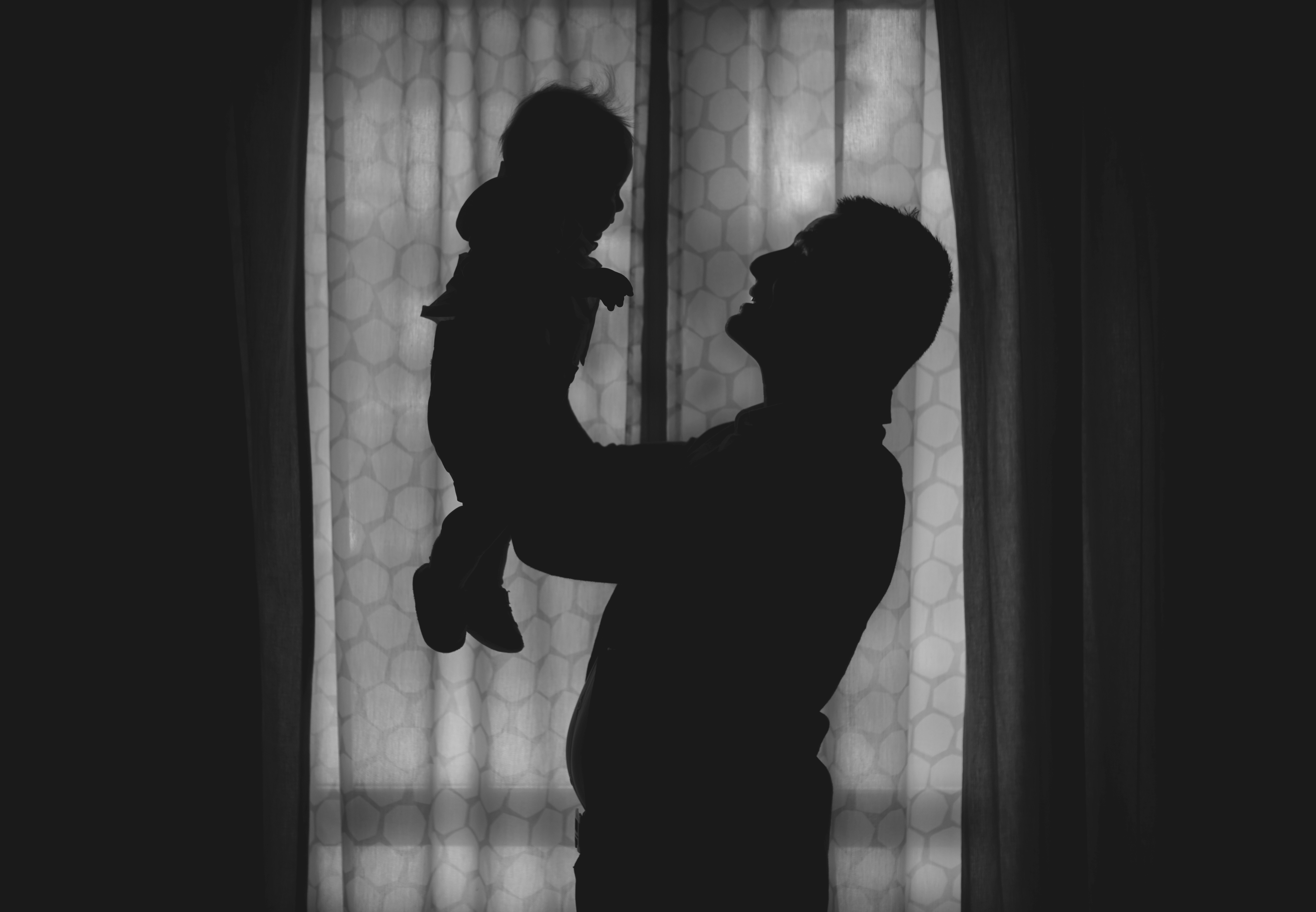Equimundo hails the decision as a breakthrough for gender equality, calling for policies that enable men and women to share caregiving equally.
August 8, 2025, Washington, D.C. – Equimundo: Center for Masculinities and Social Justice applauds the Inter-American Court of Human Rights for its historic Advisory Opinion OC-31/25, which recognizes care as an autonomous human right. This ruling marks a transformative shift in how care is understood, valued, and shared in the Americas.
“For too long, care work has been invisible, undervalued, and disproportionately placed on women’s shoulders,” said José Campi Portaluppi, Director of Advocacy and Communications at Equimundo. “By declaring care a human right, the Court sends a powerful message: care is not charity, not a private burden – it is a social good and a legal obligation for states to guarantee.”
The Court’s decision establishes that care must be redistributed among the state, market, communities, and families – and within families, between men and women. It recognizes that without such redistribution, gender inequality will persist. This standard provides governments with a clear mandate to design policies that make it possible for all people – regardless of gender – to both give and receive care throughout their lives.
Equimundo highlights three key implications of the ruling for advancing gender equality:
- Breaking Gender Stereotypes: The decision reinforces the need to dismantle norms that tie caregiving exclusively to women, paving the way for more equitable parental leave, flexible work arrangements, and male participation in unpaid care.
- Valuing Care Work: By requiring states to measure and account for unpaid care in national statistics, the ruling strengthens the case for investment in public care services and infrastructure.
- Inclusion and Intersectionality: The Court’s recognition of the diverse care needs of LGBTIQ+ families, older persons, people with disabilities, migrants, and other marginalized groups ensures that gender equality efforts are inclusive and leave no one behind.
“Gender equality is impossible without care equality,” added Campi Portaluppi. “This decision challenges all of us – governments, employers, and communities – to share the responsibility of care and to recognize it as a cornerstone of human rights.”
Equimundo works globally to advance gender equality, promote healthy masculinities, and transform social norms. Through research, advocacy, and programming, Equimundo partners with communities, governments, and institutions to ensure that care work is recognized, valued, and shared equitably.
Media Contact:
For more information or interviews our experts, contact our Deputy Director of Communications, Elizabeth ‘Liz’ Drachman: e.drachman@equimundo.org
